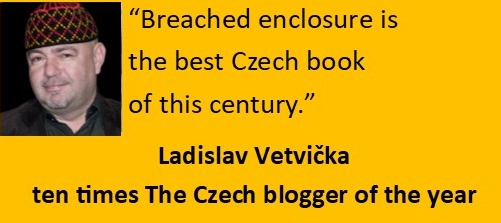In the 1960s and 1970s, when the “war on poverty” was declared in the US and the welfare state was massively expanded, officials saw traditional institutions such as the family as rivals to social programmes. So the war was not only on poverty, but also on traditional institutions and traditional morality. The same trend emerged later and to a lesser extent in Europe.
However, this should not lead us to believe that ALL social programmes are anti-family. When the foundations of the welfare state were being laid in the 19th and early 20th centuries (e.g. under Bismarck, Disraeli and later Masaryk), no one thought that there could be any conflict with the “traditional family”, which was then a relatively new institution that was gradually gaining ground. After the Second World War, the welfare state was created by those who saw the family as the foundation of the state. A generous welfare system supported family life. The same is true in Hungary and Poland today.
So it is certainly not the case that state pensions and benefits weaken the family. Neo-Marxists and economic liberals agree on this, but the reality is that state social programmes can, and usually do, support traditional social institutions. For example, there is no reason to include in social programmes a bonus for people who are not married (as is the case in the Czech Republic today).


